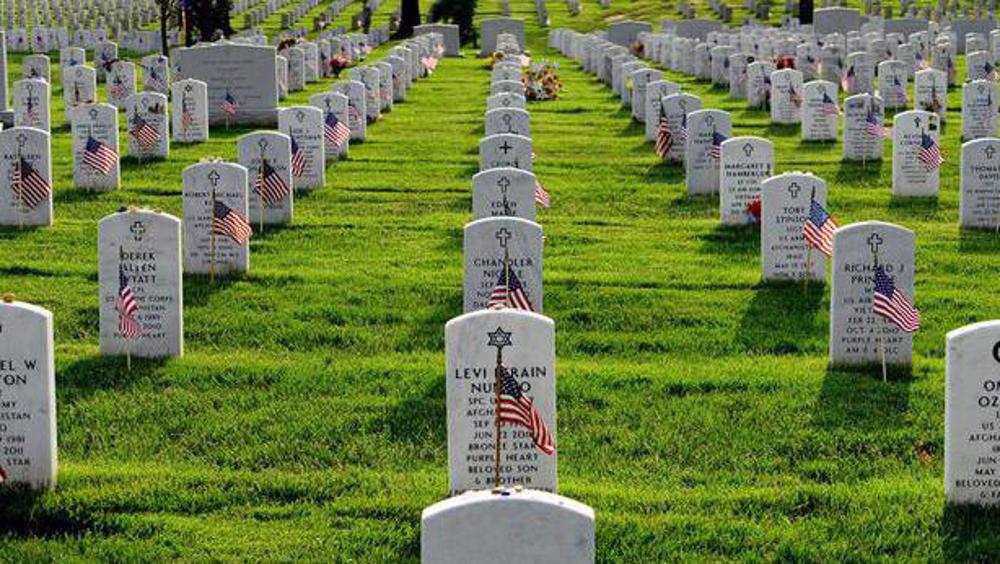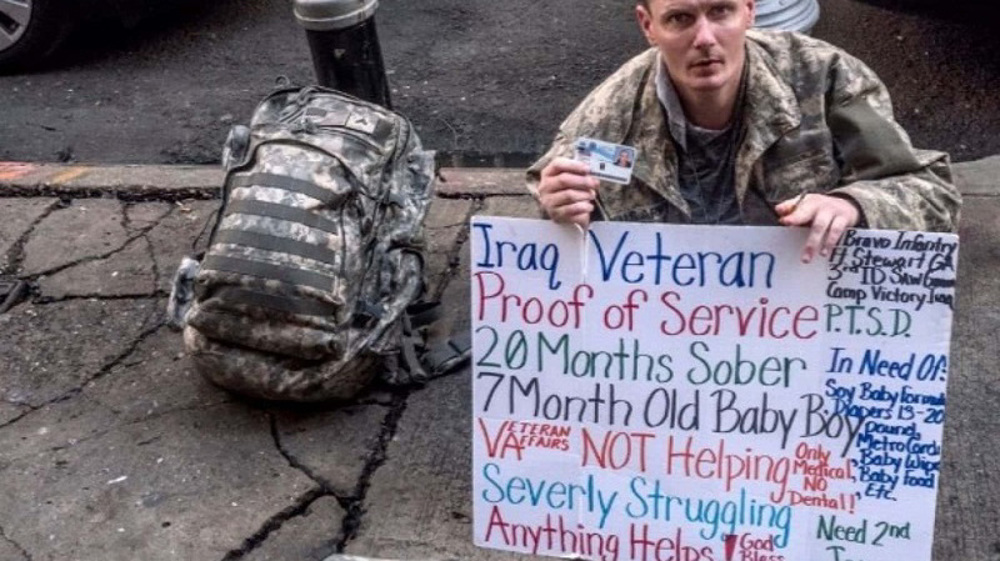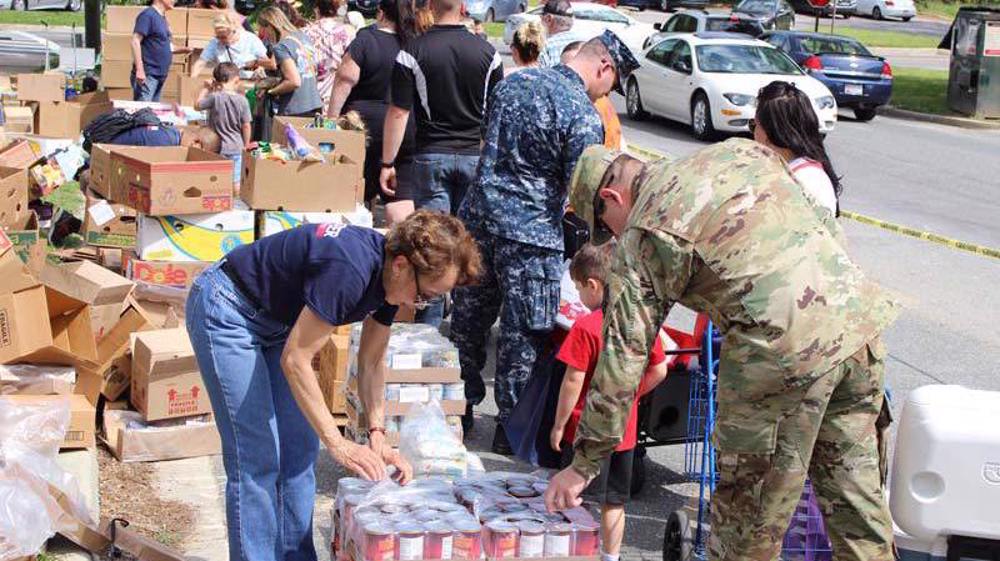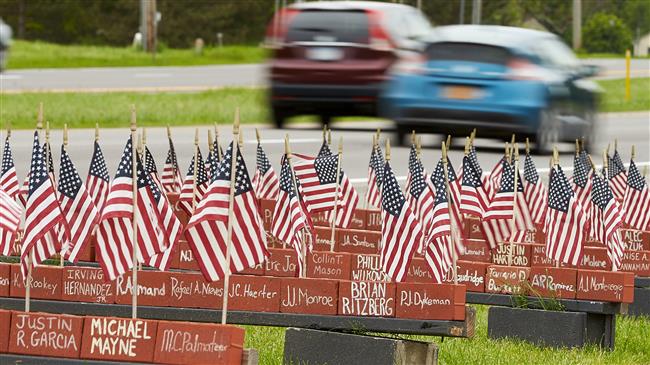Four times as many US soldiers and vets died by suicide than in combat since 9/11 War on Terror: Study
A new US study shows that more than four times as many American active duty military personnel and veterans have died by suicide than in combat in the forever wars that the US launched after September 11, 2001.
The paper, published Monday by the Costs of War Project, estimates that 30,177 traumatized US soldiers and veterans of post-9/11 wars took their own lives, compared to the 7,057 service members killed in action, about 4.28 times as many.
"The health, safety, and well-being of our military community is paramount to the readiness of the Total Force. Every death by suicide is a tragedy. Over time, suicide deaths have increased in the broader US general population. Our Service members are not immune to trends that occur in society," a Pentagon spokesperson said.
Since President George W. Bush launched his global War on Terror in 2001, an estimated 5,116 active-duty personnel died by suicide.
Between 2011 and 2020, 1,193 National Guard service members and 1,607 Reserve component service members also took their own lives.
The suicide death toll among veterans of those wars was estimated at 22,261. The numbers totals 30,177 – more than four times higher than the combat deaths, which was 7,057.
The report noted that there was no statistical data available for Reserve and National Guard deaths prior to 2011, showing that the estimated number of suicides is a minimum.
It also said the US military suicide deaths continued to climb even after combat deaths sharply decreased after 2007, highlighting factors including a combination of multiple traumatic exposures, chronic pain, and public indifference to these US wars.
The US rate of death by suicide during the War on Terror is higher than any other time in history since World War II.
The study points to a number of possible causes, including the public's declining approval of post-9/11 wars.
For example, 36 percent of Americans call the war in Afghanistan a mistake, according to a YouGov poll, while just 39 percent say the war is "worth the cost," and 58 percent approve of withdrawing troops by September 11, 2021. Low approval ratings like these "must make the reality of fighting a war on behalf of an uncaring public difficult," the paper pointed out.
"The apparent disinterest among the public can fuel a feeling of purposelessness and a lack of belonging. The loss of stature and purpose color the experiences of many veterans returning home," the paper continued.
According to a 2018 poll, almost 60% of veterans did not think the US has clear strategic objectives in Afghanistan.
Other suicide factors are specific to the kind of wars that the US has been waging over the past two decades. The wide use of improvised explosive devices against US troops has caused an increase in traumatic brain injuries and polytrauma.
The US study concludes that, “As we come closer to the 20th anniversary of the September 11 attacks, we must reflect on the mental health cost of the Global War on Terror. The human cost for our veterans and service members far outweighs even the most crippling financial costs we have endured to send them to war.”
Hamas thanks Iran, Resistance Front following achievement of ceasefire in Gaza
'Capitulation': Israeli officials and media concede Gaza defeat as truce unfolds
'Gaza has won': Social media users react to ceasefire with mix of relief, joy
Iran seeks South Korea’s assistance for AI, fiber-optic projects
VIDEO | Iran's 'Eqtedar' (Power) maneuver
Israel hits HTS military target in Syria for 1st time since fall of Assad
VIDEO | Press TV's news headlines
Israel has slaughtered 13,000 students in Gaza, West Bank














 This makes it easy to access the Press TV website
This makes it easy to access the Press TV website